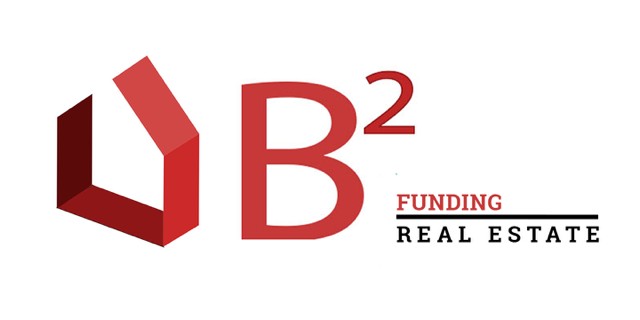FHA Loans
An FHA loan might make it easier for you to buy a home. You can use an FHA loan to buy a home even if you have credit challenges or a small down payment and still achieve your other financial goals.
Benefits of an FHA Purchase Loan
B Squared Funding can help you figure out what loan works best for you. Because FHA loans are backed by the Federal Housing Administration (FHA), approvals are easier due to lower qualification requirements and flexible financing options.
How to Get Approved for an FHA Loan
- Only requires a down payment of 3.5%
- Qualification requirements are less stringent
- The credit score requirements are lower
- No-closing-cost options
- Gift down payments are allowed
How an FHA Loan Works
When you get an FHA loan, you have similar options as you would with a conventional mortgage. However, there are more options that make an FHA loan a more flexible choice, depending on your financial situation. You can choose a 30-year, 20-year, or 15-year term length with conventional and FHA loans. FHA loans are unique because of the lenient lending requirements backed by the FHA, which may help more people qualify for and afford a mortgage.
ADVANTAGES OF FHA LOANS
Reduce your interest rate
You can choose the length of your term
The interest rate is fixed
There is no prepayment penalty
Future borrowers may assume the debt
No appraisal is required for refinancing
You'll need the following to qualify:
- Evidence of consistent income
- Verification and history of employment 3.5% down payment based on credit score
- A debt-to-income ratio of 50% or less qualifies for automated underwriting
- To purchase a primary residence
- If the home meets the minimum property standards
- Upon closing, you must move into your new home within 60 days
- Three years without a foreclosure
Homebuyers pay mortgage insurance premiums (MIP) on FHA loans as a condition of these more lenient requirements. During the loan life, this MIP will be financed at closing as well as an annual MIP that becomes less expensive each year. For example, if you have a large down payment or a shorter loan term, your premiums can be reduced.
Would an FHA loan be right for you?
You may find these answers to home buyer’s frequently asked questions helpful. To take the next step, reach out to Babak and he can help you choose the most affordable loan for your home.
A: With FHA loans, people with lower credit scores can still afford to buy a home while still getting low interest rates and options for low down payments. Also, conventional loans offer low down payments, but they’re only for borrowers with higher credit scores and often increase the interest rate. The same way an FHA loan requires you to pay mortgage insurance, conventional loans require private mortgage insurance if you don’t have 20% down. Each year, this adds 0.5% to 1% to the loan amount.
A: Yes. If you have an FHA loan you can use a Streamline refinance to lower your interest rate, change the term, or switch to a fixed or adjustable-rate mortgage. The streamlined refinance requires minimal documentation to qualify, and there’s no appraisal required.
A: Each FHA-approved home must meet minimum property standards to make sure it’s a good investment for the home buyer, the lender, and the FHA. You’ll need to inspect a house to see if it meets these standards. The standards guarantee the health, safety, and security of its residents, as well as the structural integrity of the home. Houses are evaluated based on their roof, electrical, and heating systems, but not their cosmetic features.
A: In addition to the mortgage amount to finance your home, there are other fees and costs. Closing costs include loan origination fees, title insurance, and appraisals. Typically, they range between 1% and 3% of your loan amount.
Also as previously mentioned, FHA loans require mortgage insurance premiums (MIP). A new FHA loan requires a MIP of 11 years if you have at least 10% down payment or equity in the property if you are refinancing. A MIP lasts for the life of the loan if you have less than 10% down. Each year, the MIP gets a little lower as the loan is paid off.
A typical upfront MIP is 1.75% of your loan amount. Your MIP is determined by your down payment amount, the length and amount of your mortgage, as well as your loan-to-value ratio. The fee can range from 0.45% to 1.05% of your total loan amount.
